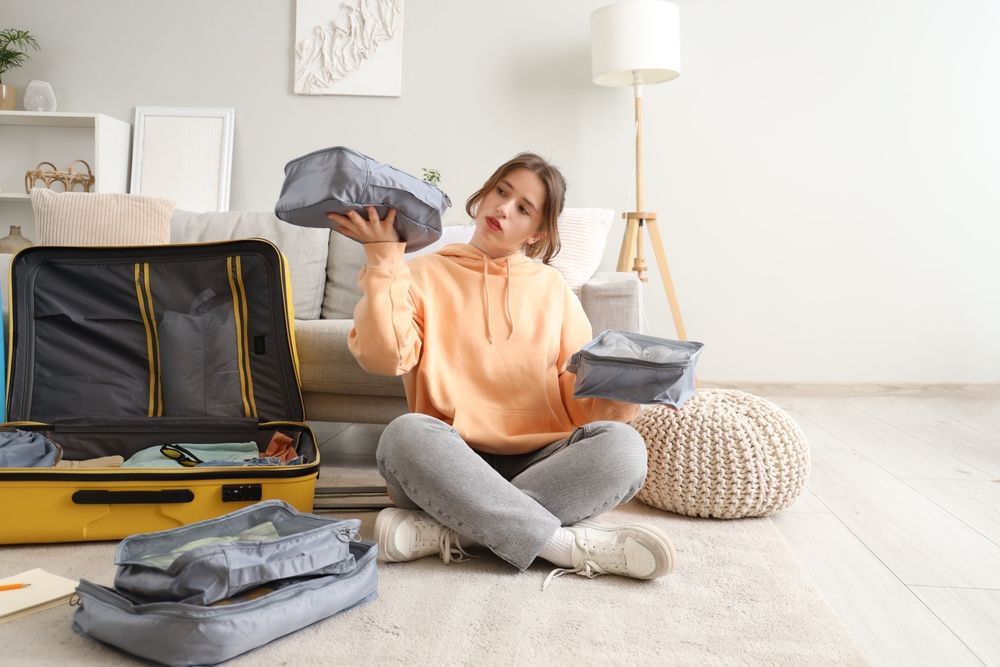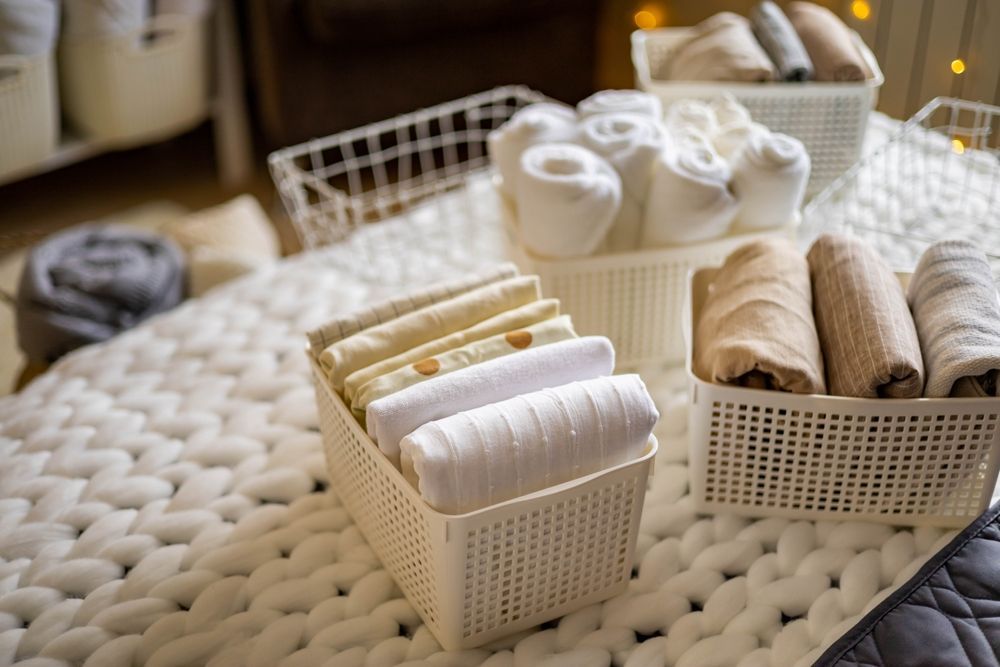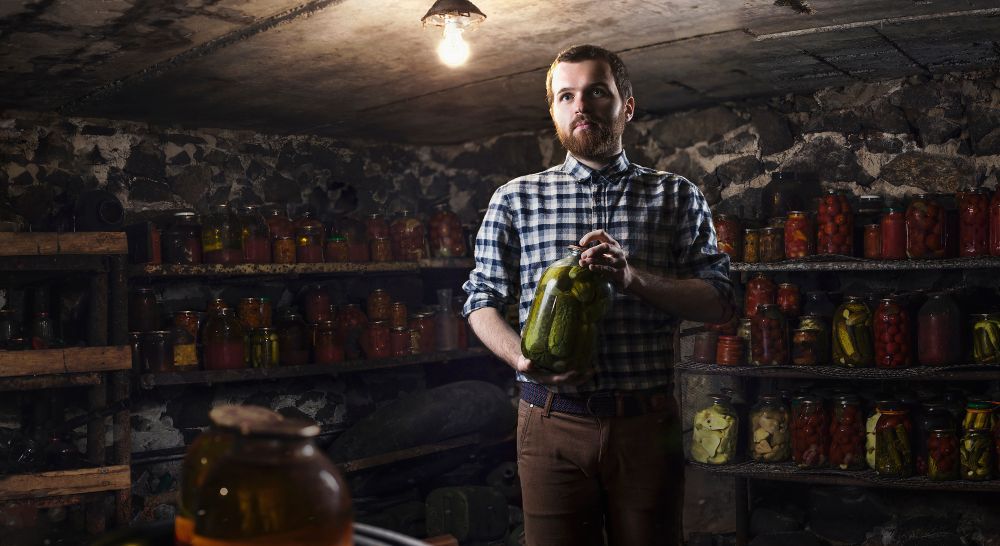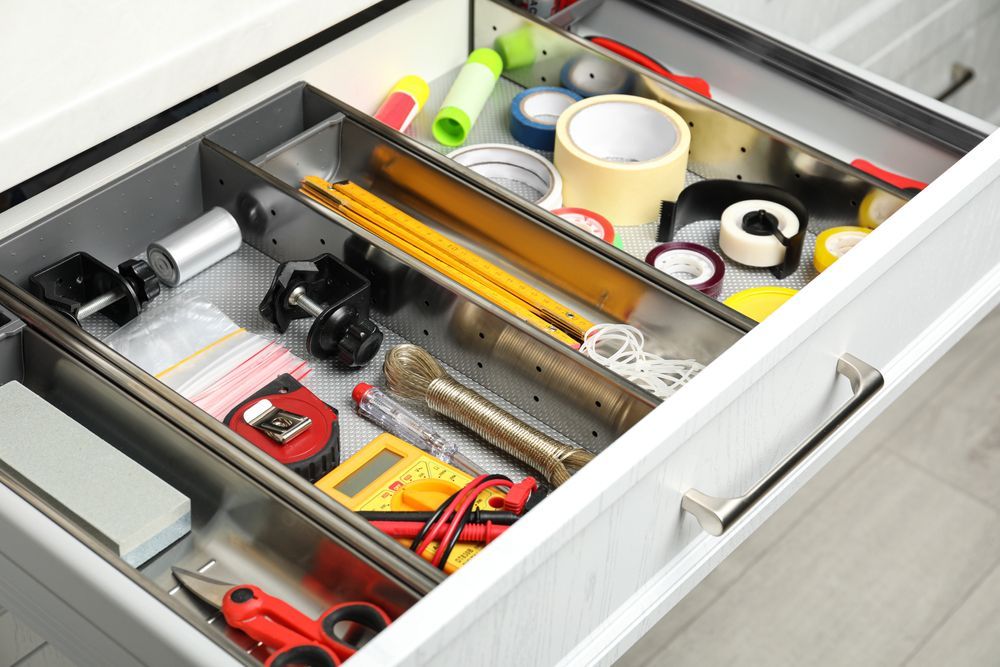How To Declutter Clothes with These Easy and Simple Steps—A Decluttering Guide
Decluttering clothes isn’t really about clothes. It’s about clearing mental clutter. When your closet works better, your mornings feel easier. You pick outfits faster. You waste less energy deciding. The day starts with less friction.
Most closets hold memories, not outfits. A jacket you might need someday. Three almost-identical gym shirts. A sentimental tee you never wear but can’t let go of. These pieces pile up. They make choosing clothes feel tiring before the day even begins.
This guide keeps things real and simple. No guilt, no pressure, no extreme rules. Just steps that actually help. We focus on practical habits that make your closet easier to use and easier to maintain. And if you ever want faster results, a professional organizer can do in hours what might take a weekend.
For now, this is your easy starting point to get moving without feeling overwhelmed.
Importance of Decluttering the Clothes
A leaner closet does more than look tidy. It quietly gives time back. Fewer options mean less time spent staring at shelves, wondering what works today.
It also shifts the energy of a room. The number of visual distractions and decision barriers is reduced. It is the only thing that can lighten up a bedroom, even when the rest remains the same.
Another payoff is honesty. Decluttering reveals patterns fast. The comfort crew gets worn weekly. The impulse buys gather dust. Spotting that gap can prevent repeat purchases before they happen, which, oddly, feels like a small financial win.
At its core, home decluttering brings clarity rather than perfection. It is strangely energizing when the excess finally loosens its grip.
Getting Started: Prepare to Declutter
Prepare yourself to win before you begin to toss clothes. It is always good to prepare a little beforehand to make the process stress-free.
Gather Supplies
You don’t need much, but having the right tools helps. Grab some bins, bags, or boxes for sorting. Sort containers into obvious categories. Keep. Donate. Not today. Labels are a breakthrough to keep things clear.
If you’re also tackling other areas, these supplies work great for junk drawer organization too. Keep it simple: old cardboard boxes or trash bags do the trick if you’re on a budget.
Choose the Right Time
Pick a day that feels low pressure. Maybe a quiet morning or afternoon. You will need a few hours to focus without distractions. Avoid starting when you are tired or stressed; decluttering deserves your full attention. This approach also helps with routine organization, as a clear closet sets the tone for smoother days.
Set a Goal
Choose what you want to work on. Your entire wardrobe, one dresser or one closet. Maintain a realistic approach to avoid burnout. If you're in the mood for spring decluttering, for instance, concentrate on seasonal pieces like sandals or jackets. Clear goals keep you motivated and make the process feel possible.
Step-by-Step Guide to Decluttering Clothes
Here’s the heart of how to declutter clothes: a six-step process to transform your wardrobe. Let's get started with a cup of coffee and some music.
Step 1: Empty Everything Out
Begin by removing all clothing from your closets, drawers, and other storage spaces. Yes! Everything. Put it all on your bed or on a clean floor. This will give you a full picture of what you are dealing with.
Anything hidden under the bed? Pull that out, too.
Under bed storage can store objects that may reveal lapsed gems or rubbish. It is not that ungrateful at the beginning, and it is important to see everything at once.
Step 2: Sort into Categories
Sort your clothes according to the type: shirts, pants, dresses, jackets and so on. This makes it more difficult to identify duplicates like the five black t-shirts you insist are different.
Bedroom organization helps you sort your bedroom and provides a clear system.
Also, it is satisfying to have everything stacked up. Take as much time as you want to relax. Cleaning is not a quick task but a long one.
Step 3: Evaluate Each Item
Now, get picky.
You want to know: Do I wear this? Does it fit? Is it in good condition? One of the best rules is the one-year rule: a rule of thumb declares that if you have not used it, it is about time to dispose of it.
Frankly speaking, 2010 skinny jeans will not be on sale any time soon. This procedure is connected to
closet organization, as it is an excellent opportunity to update for the season. Remember your goal to be focused.
Step 4: Decide What Stays
Your keep pile should include MVPs (versatile items that you love, are in good condition, and fit nicely).
Sentimental items are problematic. It is hard to say goodbye to that old band t-shirt. In case of confusion, place a small box as a gift, but do not overdo it.
Step 5: Organize the Keep Pile
Time to put the keepers back. Fold the items that need to be hung, and consider drawer dividers for smaller items like socks. Clear bins are suitable for seasonal items.
If you have limited space, consider small pantry storage, such as stacking bins vertically. A clean setup helps you to keep your new, decluttered wardrobe in order.
Step 6: Handle the Rest
The nonkeepers can be sorted into three categories: donate, recycle or toss. Donate wearable clothes to the local charities. Worn-out garments can be recycled (some shops accept old clothing to recycle them as textiles).
Throw out anything that is too damaged to rescue. This step aligns with the moving services if you are planning to relocate and wish to pack less. Congratulations, you're almost done!
Choosing the Right Storage Solutions
A decluttered wardrobe stays tidy with smart storage. Here’s how to keep things organized long-term.
Hangers vs. Folding
Hangers work well for dresses, blouses and suits. They take up less space and eliminate wrinkles.
Folding is ideal for sweaters and jeans, which are the most useful for fitting in the drawer and creasing easily. Select what fits your wardrobe and closet size.
Bins and Dividers
Clear bins are perfect for seasonal items like winter coats, keeping them dust-free. Drawer dividers are a lifesaver for socks, underwear or accessories.
These tools also help with toy storage ideas if you’re decluttering kids’ spaces. Look for affordable options at dollar stores or online.
Long-Term vs. Short-Term Storage
For off-season clothes, vacuum-seal bags save tons of space. Keep daily wear on open shelves or in easy-to-reach drawers.
This balance works for blanket storage too. Store heavy quilts in bags but keep light throws accessible. A mix of solutions keeps your closet functional year-round.
FAQs
How often should I declutter my clothes?
Aim for once or twice a year, like during seasonal changes, to keep things manageable.
What’s the easiest way to start decluttering clothes?
Begin with one category, like t-shirts and sort into keep, donate or toss piles. Small steps prevent overwhelm.
How do I declutter sentimental clothing items?
Keep one or two favorites in a small memory box, but let go of extras to free up space.
Where can I donate clothes I don’t need?
Check local shelters, thrift stores or clothing drives. Many offer pickup services.
How do I keep my closet organized after decluttering?
Use bins, dividers, and a “one in, one out” rule to maintain order.
Wrapping Up
A tidier closet is just a few decisions away. You don't have to keep your clothes neatly. This is made possible through the steps of emptying everything, sorting, evaluating, and organizing. You will develop a wardrobe that suits you.
Among the benefits are reduced stress and more space. You can begin with one shelf or drawer if you are addressing how to organize the clothes, or if you simply need to start from scratch.
You don't need to do everything right now.
Take one step today or send these tips to a friend who is begging in blue jeans.










